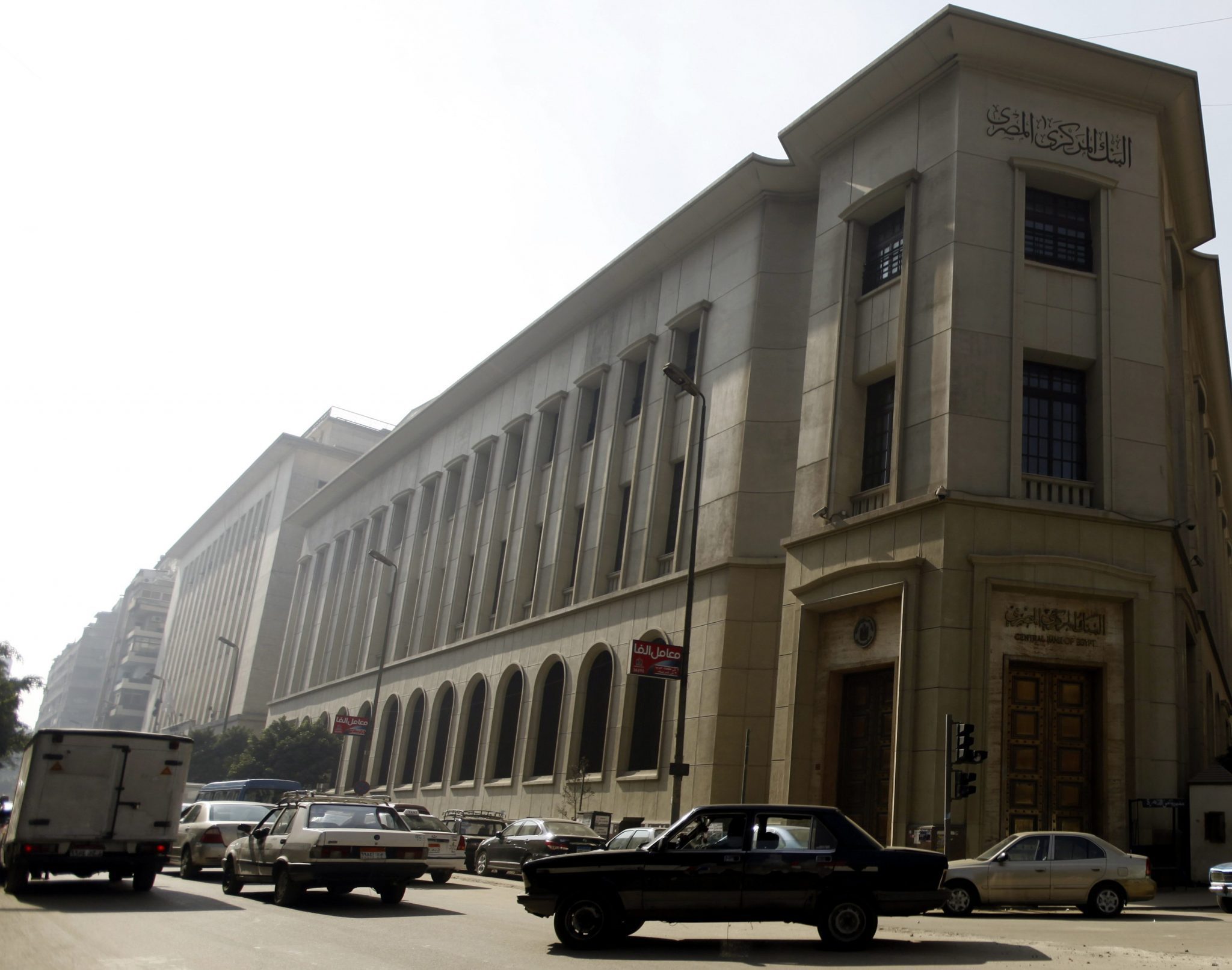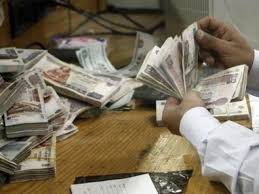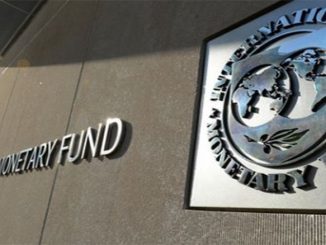The Egyptian economy is going through its worst fall for decades. Over the past five years, the Central Bank of Egypt has been suffering from declining foreign currency reserves as a result of the withdrawal of tourism and foreign investments which were among the main sources of foreign currency. In fact, foreign currency reserves have fallen from 36 billion U.S. dollars in early 2011 to 17.5 billion dollars at the end of May 2016. Moreover, the dollar price has jumped to worth about 8.85 pounds in the official market and about 11 pounds in the black market, recorded as the largest rise and the biggest exchange rate gap in the Egypt’s economic history.The problem resides not only in the scarcity of foreign currency sources but also in the uncontrollable behavior of the currency dealers in the parallel market. Egypt’s illegal currency dealers tend to bypass the banking regulations and use multiple visa cards to withdraw as many dollars as they can outside the country from their domestic bank accounts, using the dollar hike and the rate gap to gain large profits. But this has participated in reducing the foreign reserves of the CBE, “Some Egyptian banks allow Egyptian clients abroad to withdraw up to 2,000 dollars per month at the official rate for their expenses, but an illegal dealer would use multiple visa cards for himself, his friends, partners or those he trusts and withdraw thousands of dollars at once,” according to a currency trader.
He added that some people travel abroad by the end of the month, carrying their visa cards and those of others, to spend a few days abroad and withdraw 4,000 dollars by each card for the two months, the outgoing and the new one.”
In addition, the trader pointed to the fact that “They don’t even have to come back with the dollars to sell them on the black market in Egypt, but sometimes they already arrange with importers who lack dollars to pay for their imports directly while they are abroad.” He warned that the trick may eventually harm the CBE foreign currency reserves.
In the same context, the banking expert Abdel-Rahman Baraka, the former president of Misr Romania Bank and ex-chief of the Federation of Egyptian Banks, said that there was no problem in the past for the clients to use visa cards abroad, but using the visa illegally abroad to make extra profits would harm more the wreckage economy. The ex-banker considered such actions as “cheap, dishonest and unpatriotic.”
In response, the Egyptian banks have given instructions to the visa card departments to limit monthly and daily withdrawals to avoid such a kind of circumvention.
According to the CBE, 19 billion dollars were sent back home by the Egyptian expatriates in the 2014-2015 fiscal year, which represents a major source of hard currency for the country.
On the other hand, some economic experts downplayed the effect of such illegal profit. Sameh Mostafa Zaki, board member of Cairo’s Chamber of Commerce and deputy chairman of the chamber’s exports department said, “After all, if each trader uses 10 visa cards to withdraw 2,000 dollars abroad to make a profit, it is not that much money in the end and would not have such a big influence.”
The CBE has been striving recently to crack down on the black market dealers invalidating the licenses of exchange offices and even imposing jail terms for those traders who deal far beyond the official rate.But, there is a still two-pound difference between the official rate and the black market which still attracts more people and traders not to follow up with the rules and regulations to gain large profits.




